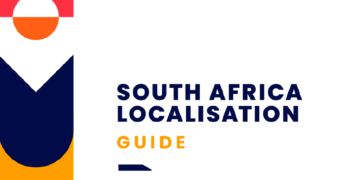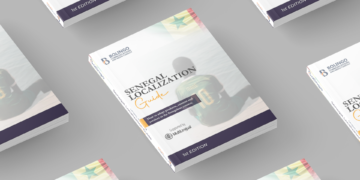A landlocked country located in the heart of West Africa, Burkina Faso was built following numerous migrations of people from different backgrounds.
It shares its borders with six countries, namely Mali to the northwest, Niger to the northeast, Benin and Togo to the south-east, Ghana to the south and Côte d’Ivoire to the southwest.
According to the National Institute of Statistics and Demography, the population was estimated to be around 20 million inhabitants in 2018; fifty-one percent of whom are women. In the past, Burkina Faso experienced a few revolutions which contributed to rebuilding the country.
Thomas Sankara, a true example of struggle and resistance, is considered as the father of the Burkinabe revolution.
The country gained its independence in 1960 as Upper Volta. Then Captain Thomas Isidore Noël SANKARA, president of the country between 1983 and 1987 renamed the country to Burkina Faso, with the aim of strengthening national cohesion using local languages: Mooré and Dioula.
Burkina means “integrity, honour” in Mooré and “Faso” means “country, territory, land or homeland” in Dioula. It is for this reason that the country is known as pays des hommes intègres (country of upright men). Furthermore, the national constitution refers to the citizens of Burkina Faso as Burkinabe (invariable in gender and number), where the suffix “bè” means “the children of ” in Fulani. The words “Burkina,” or “Faso,” are mostly used informally, while “Burkina Faso” is saved for official use.
According to the Constitution, “Faso” is the republican form of the state. It therefore replaces the term “republic.” The country is therefore known as the “Republic of Burkina” or “Burkina Faso.” In addition, the term “President of Faso” is officially used instead of “President of the Republic.”










